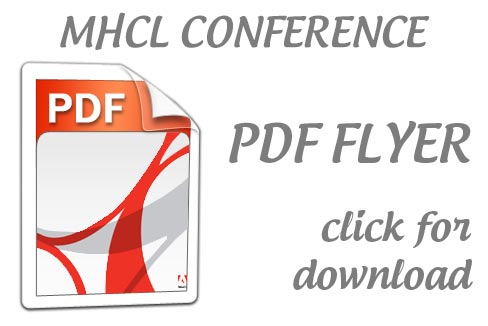Abstract: To alleviate the truck congestion in container terminals, issues of modeling truck congestion pricing are addressed. A bi-level programming model is developed to determine the optimal toll rates. The upper level model is to minimize the average truck waiting time by optimizing toll rates of different periods. The lower level is user equilibrium model in which each truck driver chooses its arrival time according to the toll strategy of upper level model. The feedback of upper-level and lower-level model forms the optimal toll strategy. To solve the model, a method heuristic based algorithm is designed. Finally, numerical experiments are provided to illustrate the validity of the proposed model and algorithm. Results indicate that congestion toll can decrease truck’s queuing time effectively. The developed toll pricing model reflects the benefit of truckers and terminal operators, which promotes the use of toll as an efficient tool to alleviate the truck congestion and improve the terminal efficiency.
Qian Zhang
Ph.d candidate
Dalian Maritime University
School of Transportation Management
Bo Lu
asociate professor
Dalian University
Research Center of Logistics &
University of Chinese Academy of Science
School of management
Nam Kyu Park
Professor
Tongmyong University
School of Port and Logistics
XXV International Conference on Material Handling, Constructions and Logistics
Bi-level programming model for truck congestion pricing at container terminals
- Details Category:
- Abstract /
- 2015
Host city and venue - Vienna
Vienna (Wien) is the federal capital and largest city of Austria, and one of the nine states of Austria. Vienna is Austria's primate city, with a population of about 1.9 million (2.6 million within the metropolitan area, nearly one third of Austria's population), and its cultural, economic, and political centre. It is the 7th-largest city by population within city limits in the European Union. Read more...
Latest news
-
MHCL 2024 - Conference agenda
10 September 2024
Dear, All the necessary information regarding the presentation of the paper can be found in the agenda of the conference, as well as here:Wednesday - 18.09.2024.13:00 - 14:00 - Registration [ground... -
28 August 2024
New information about the conference MHCL 2024 -
16 July 2024
Updated information about MHCL Conference 2024 -
17 January 2024
Welcome to MHCL 2024
More in 2024


